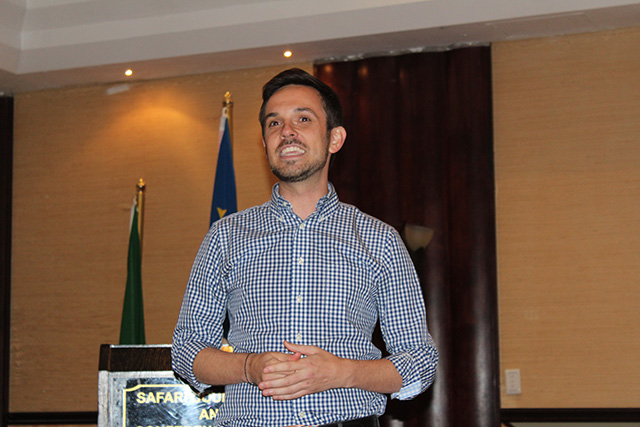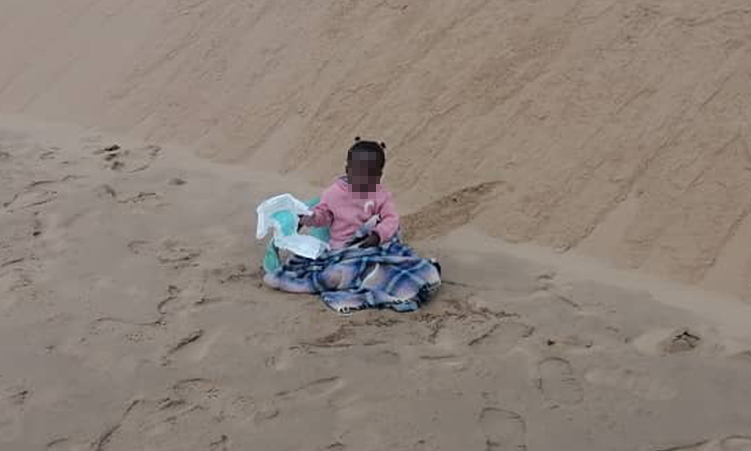WINDHOEK – Preliminary findings by Innovation for Poverty Action show that the community-based rangeland and livestock management programme had lasting impacts and exposed room for improvement in rangeland management in northern Namibia.
This was contained in a draft report presented by IPA research manager Dylan Groves in Windhoek on Friday, where he revealed that the programme met many contractual targets for implementation.
The findings show that 58 grazing area communities actively participated in CBRLM and the individual participation rate in active CBRLM grazing areas was 76%. IPA’s evaluation confirms that consulting company GOPA, which was contracted to implement the project, successfully created formal grazing area committees, constructed and improved water infrastructure, and implemented training and livestock improvement schemes in the communities that accepted the programme. CBRLM was an intervention to benefit cattle farmers in Namibia’s northern communal areas in community development, rangeland management, livestock management and targeted infrastructure support.
Range management helps to ensure a sustained yield of rangeland products while protecting and improving the basic range resources of soil, water, plant and animal life. To determine the successes and shortcomings of CBRLM, research organisation IPA deployed randomised evaluation, using both qualitative and quantitative assessments.
The CBRLM programme had some shortcomings, one of which was that the extent of behavioural change of the participants was limited, the presentation shows. It also shows that less than half of the farmers of CBRLM eligible areas adhered to group grazing and only a third of farmers herded their cattle throughout the day. Additionally, building new resource management institutions came at a cost, IPA found. It further discovered that the CBRLM programme had no effect on cattle weight or herd productivity, consistent with the lack of rangeland improvement.
In addition, the programme did not make a dent on household income, nutrition or economic resilience of the participants. Meanwhile, results on key long-term outcomes like rangeland and household income are pending stakeholder feedback and will be released later this year. In an interview with Nampa, Groves expressed pride in his Namibian research team.
“I have conducted research projects in seven countries and I found the capabilities of the IPA Namibian staff were among the very best,” he said.
He said IPA, along with the Millennium Challenge Corporation which funded the study, are proud of the data collection conducted to independently evaluate the CBRLM programme.
Meetings with stakeholders in Namibia were a great opportunity to share preliminary results and receive feedback on the evaluation, design and interpretation of findings, Groves added.
“We look forward to incorporating the feedback into the final report and hope the findings will be used to improve rangeland management policy in Namibia,” he said.
– Nampa
Stay informed with The Namibian – your source for credible journalism. Get in-depth reporting and opinions for
only N$85 a month. Invest in journalism, invest in democracy –
Subscribe Now!






